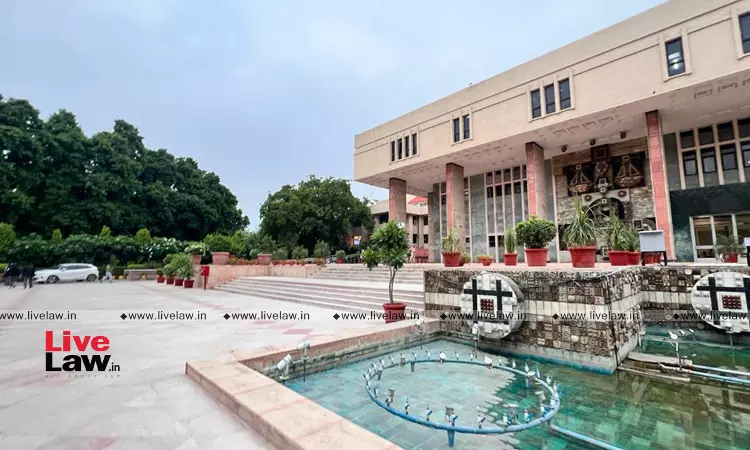A Party Cannot Challenge An Arbitral Award After Receiving Amount Payable Under It: Delhi High Court
ausaf ayyub
27 Jan 2024 1:35 PM IST

Next Story
27 Jan 2024 1:35 PM IST
The High Court of Delhi has held that a party that has received payment in terms of an arbitral award cannot challenge the award with respect to the disallowed claims. The bench of Justice Sanjeev Narula held that acceptance of payments under the award would estop a party from challenging the award. It held that party after receiving payment cannot repudiate part award detrimental to...
